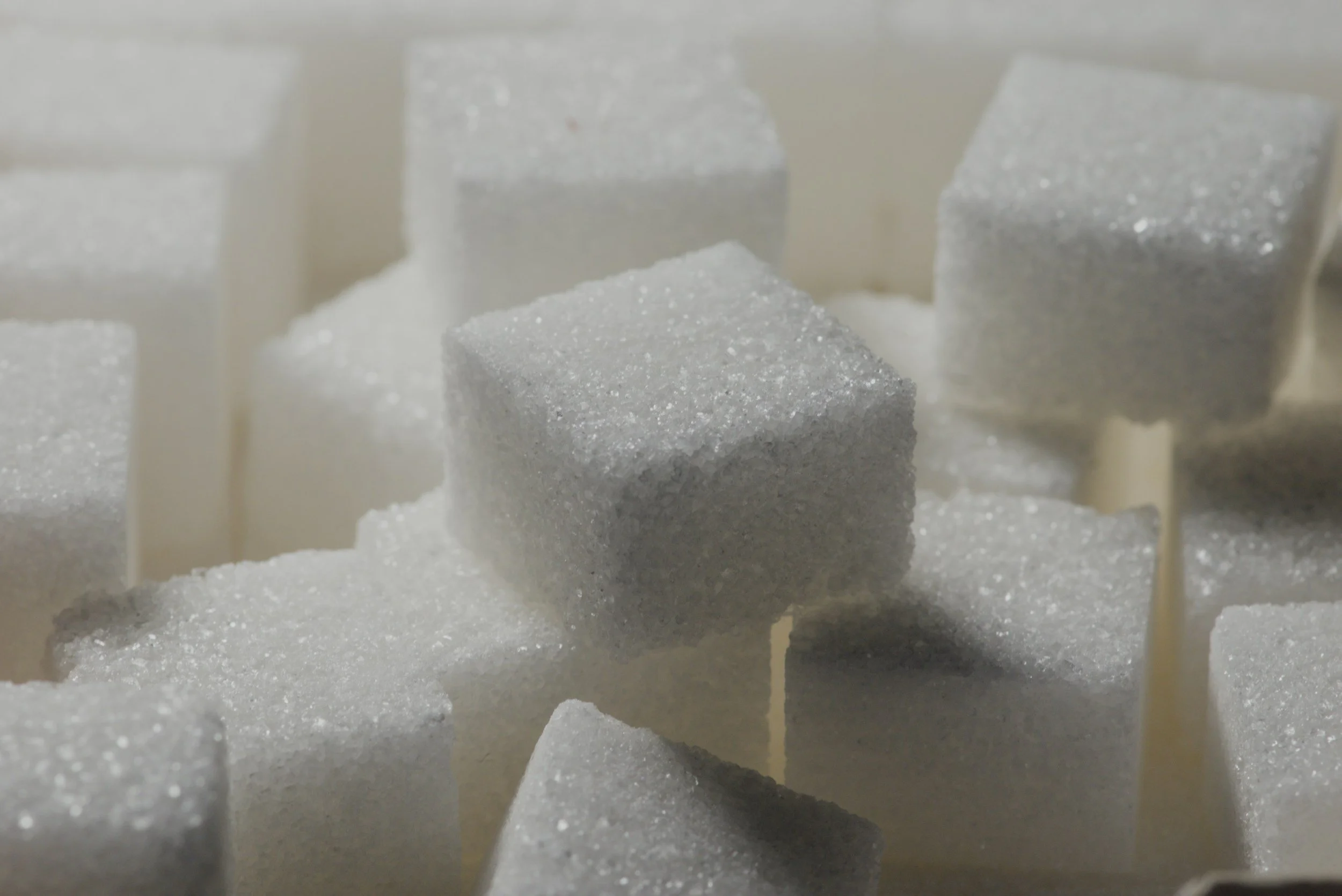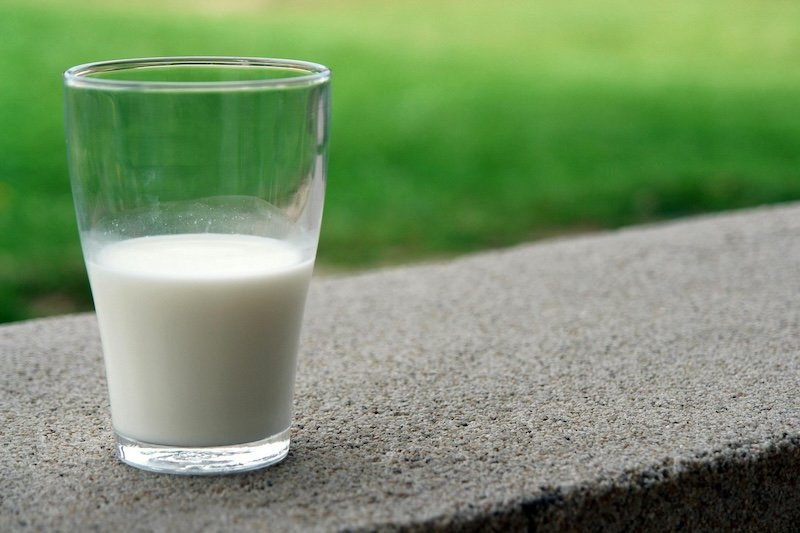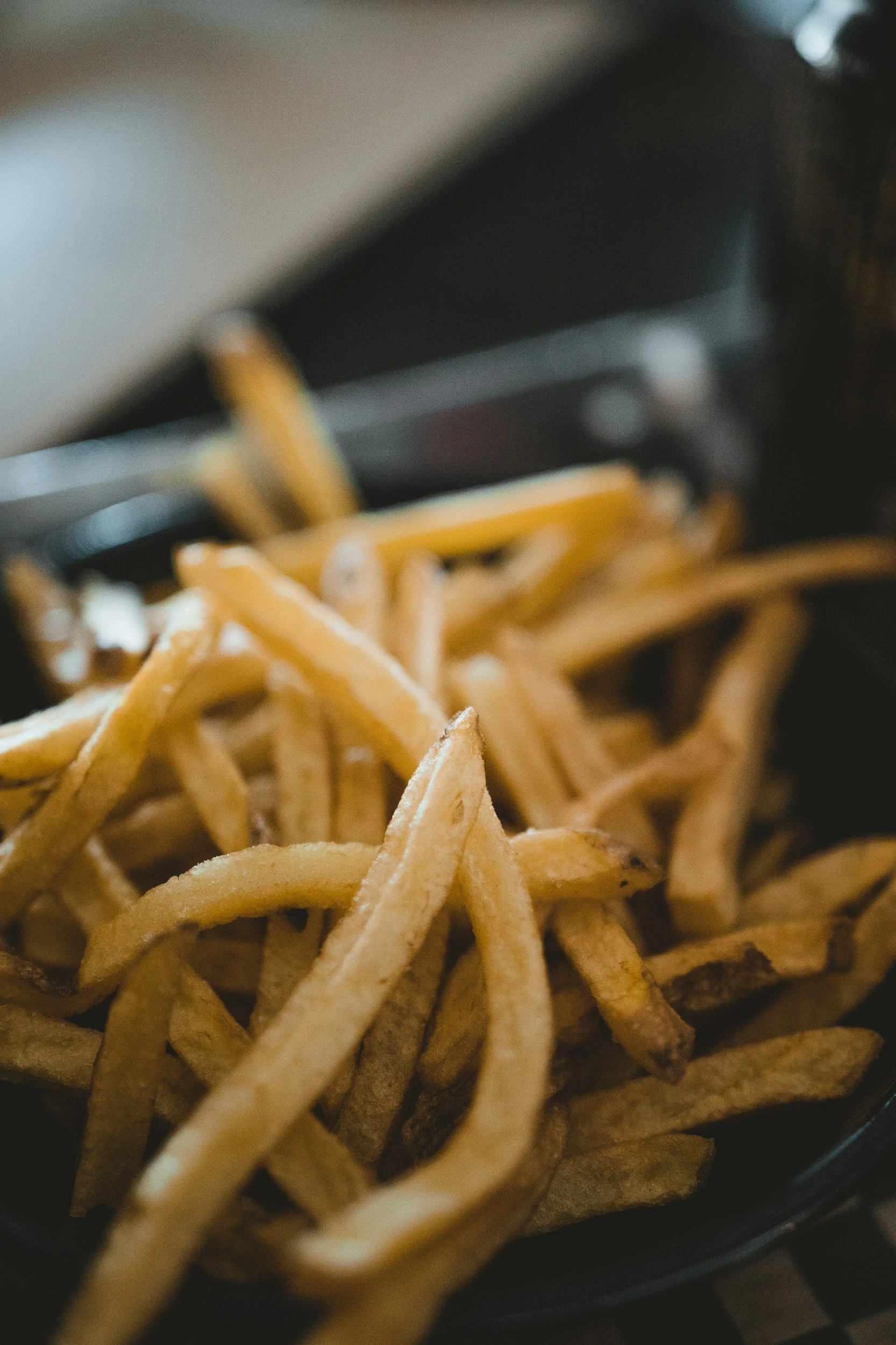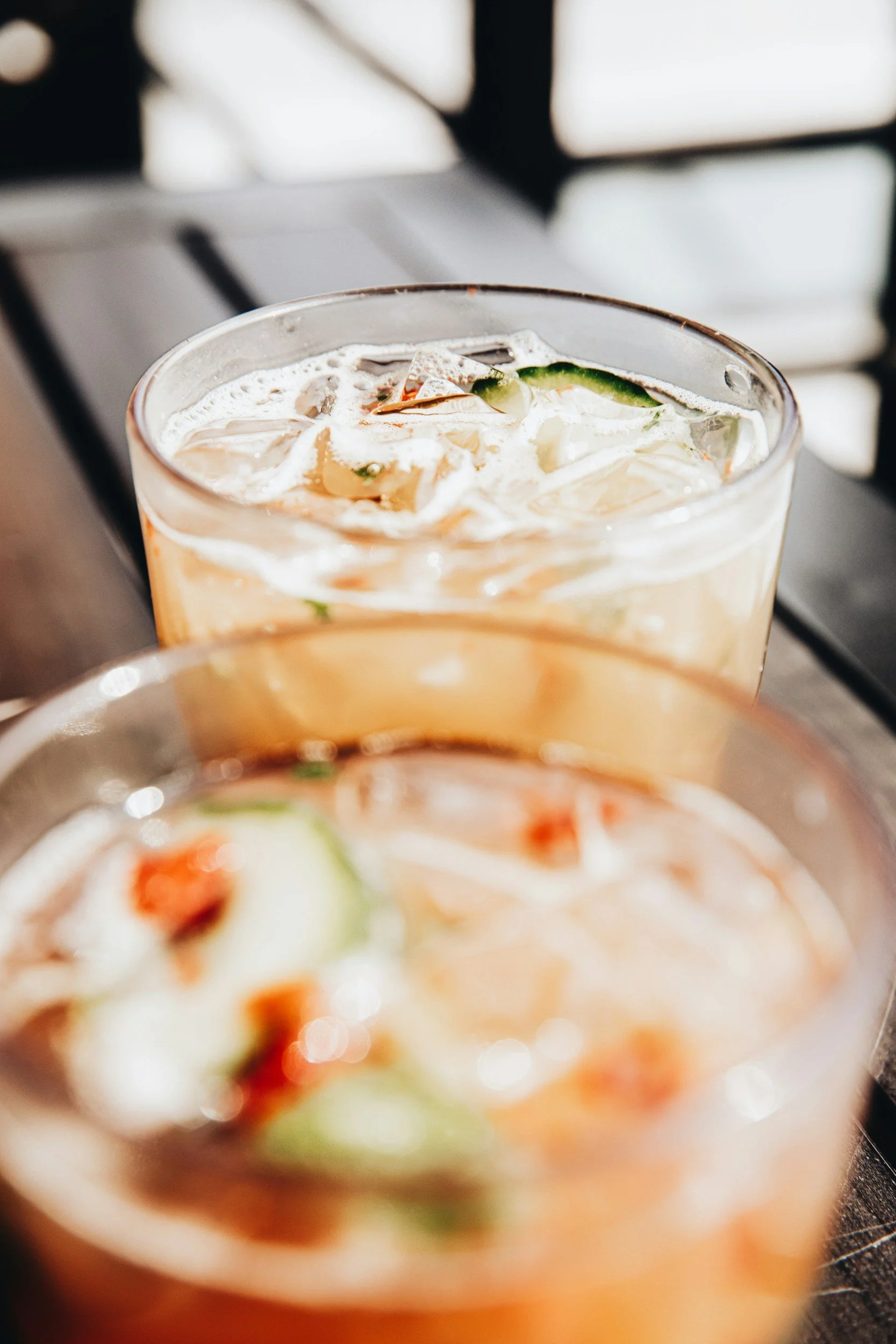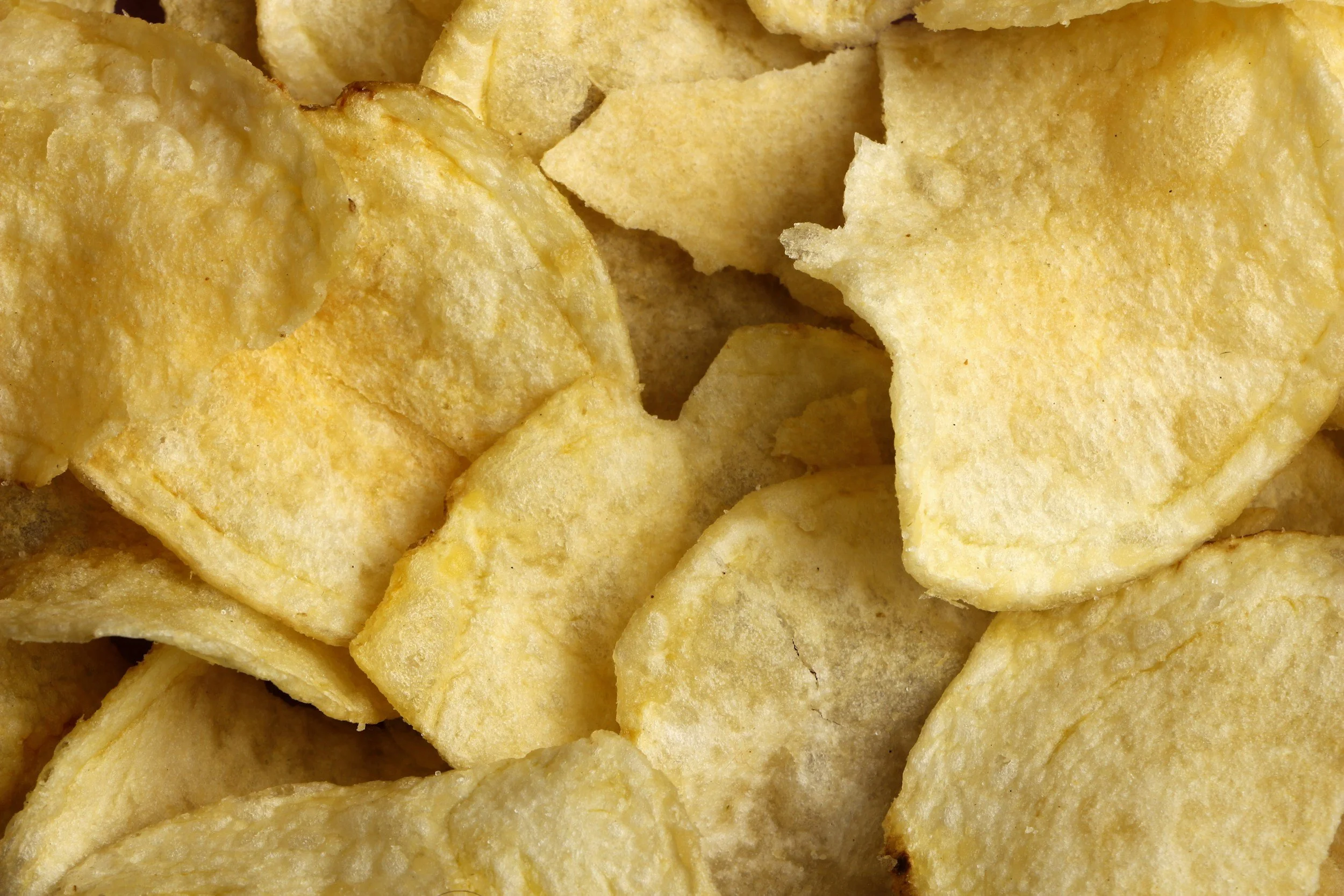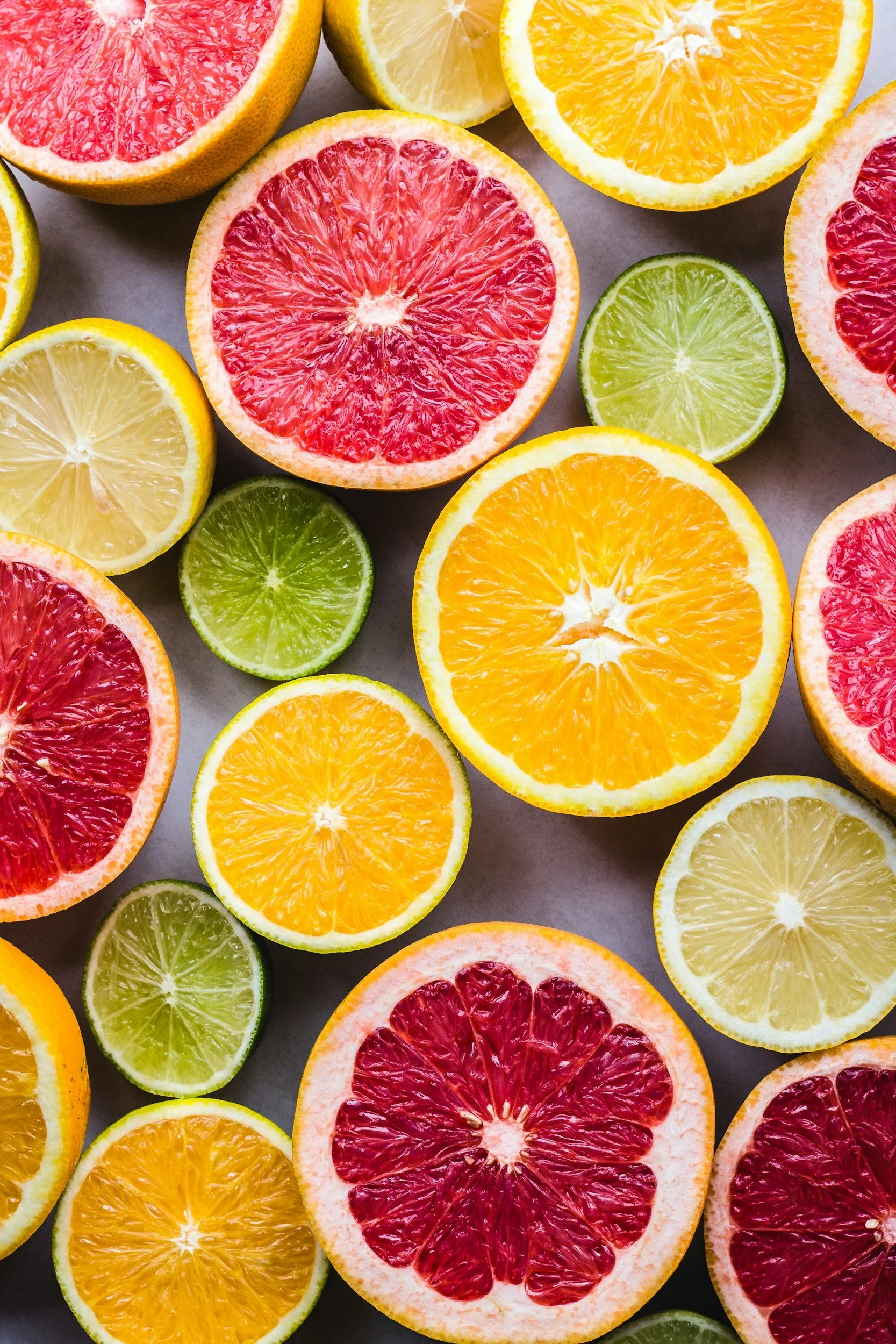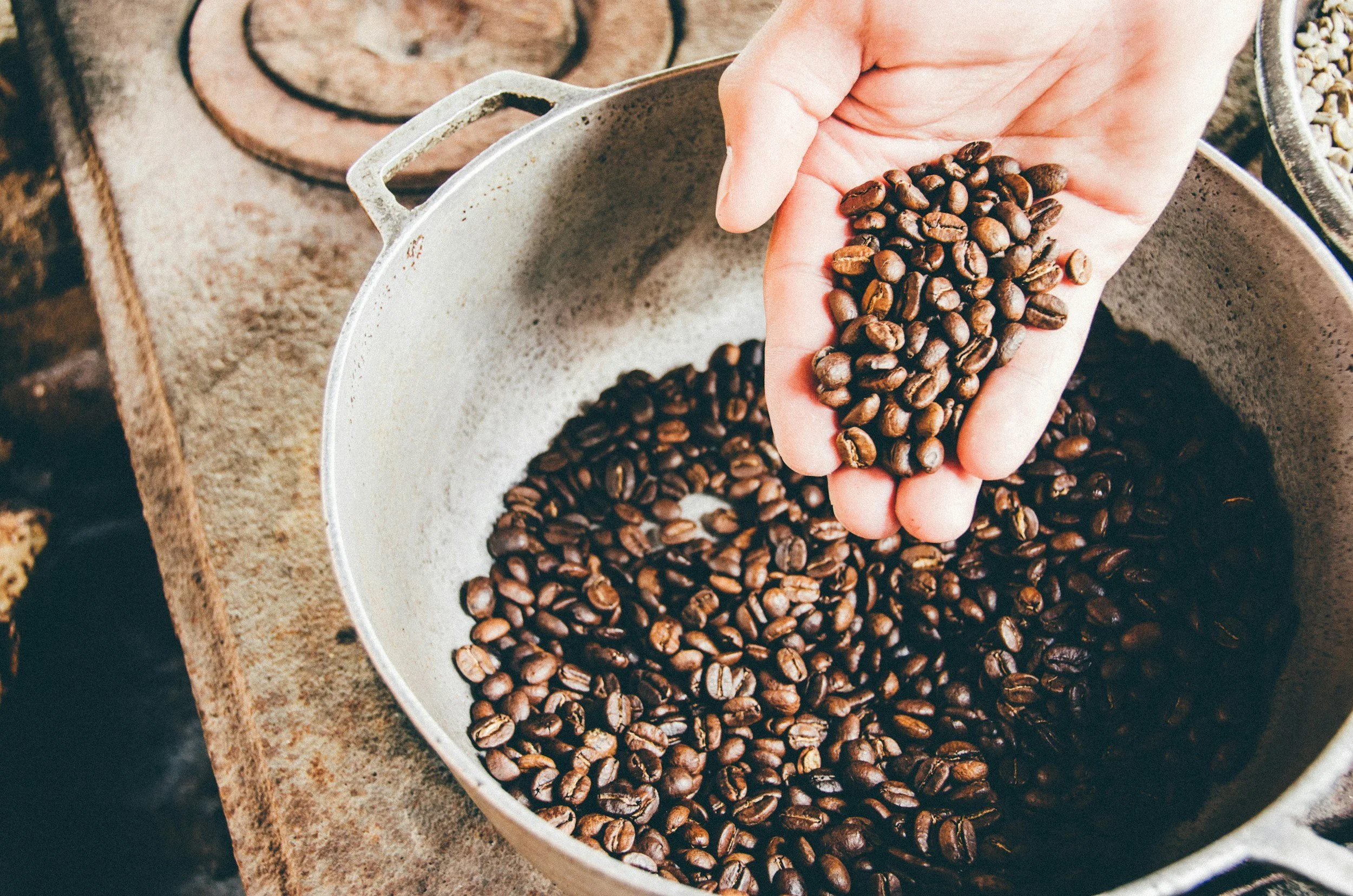Skin-Irritating Foods
Can foods I eat affect my skin? The answer is a resounding yes! What you put on your plate directly impacts the health and appearance of your skin. Certain foods can trigger breakouts, inflammation, or irritation, leaving your skin less radiant. Below, I’ve compiled a list of the most common skin-irritating foods and how to make simple swaps for healthier, glowing skin.
Sugar
Excess sugar in your diet doesn’t just spike your blood sugar—it also fuels inflammation, damages collagen, and accelerates skin aging. Over time, this can lead to sagging skin, wrinkles, and even acne flare-ups, as sugar feeds bacteria and yeast in the body.
Skin-friendly swap: In moderation, use natural sweeteners like raw honey, maple syrup, or monk fruit. Or satisfy your sweet tooth with fresh fruit!
Dairy
Most conventionally produced dairy products, particularly low-fat varieties, contain naturally occurring hormones and growth factors that may overstimulate oil glands, clog pores, and contribute to acne in some individuals.
Additionally, dairy has been linked to aggravating skin conditions such as eczema and rosacea in sensitive individuals. Organic or raw dairy can be a better choice for those who tolerate dairy, as these options are free from added hormones and antibiotics. However, it's important to note that raw dairy carries its risks, so it should be consumed with care and sourced from trusted providers.
What to try: Eliminate dairy for 3–4 weeks and observe changes in your skin. Alternatives like coconut can be a great substitute. Make sure the produce is made with very minimally processed ingredients.
Fried Foods
Fried foods are loaded with unhealthy trans fats, which create oxidative stress and inflammation. This damages your skin’s cell membranes and depletes collagen, leaving skin dull and prone to breakouts.
Healthy alternative: Choose baked, grilled, or air-fried options, and focus on foods rich in healthy fats, such as avocados, nuts, and seeds.
Alcohol
Alcohol dehydrates skin cells, dilates pores, and disrupts sleep, critical for skin repair and regeneration. It can also trigger rosacea flare-ups in sensitive individuals.
Skin rescue tip: If you drink, do it in moderation; balance it with plenty of water, minerals, and antioxidant-rich drinks like green tea or herbal teas.
Spicy Foods
While some people can enjoy spicy foods without issue, others may find that capsaicin (found in chili peppers) stimulates histamine release, leading to redness, inflammation, or breakouts.
Mindful moderation: Pay attention to your skin’s response to spicy dishes and adjust accordingly. Cooling herbs like mint or cilantro can add flavor without irritation.
Salty Snacks
Don’t get me wrong—chips are my favorite, and I don’t avoid them. However, I like to have them in moderation with minimally processed ingredients. High-sodium foods like chips, pretzels, and processed meats can lead to fluid retention, causing puffiness and bloating, particularly around the eyes.
Flavorful fix: Replace salty snacks with roasted chickpeas, banana chips, beef jerky, unsalted nuts, or fresh veggies dipped in hummus. Season meals with herbs, lemon juice, or a pinch of sea salt instead.
Citrus Fruits
While vitamin C is essential for collagen production, the acidity in citrus fruits like oranges, grapefruits, and lemons can irritate sensitive skin or worsen conditions like perioral dermatitis.
Skin-friendly option: If citrus triggers irritation, focus on other vitamin C-rich foods like bell peppers, broccoli, or strawberries.
Gluten
For those with gluten sensitivities or celiac disease, consuming gluten can lead to inflammation, which sometimes shows up as skin issues like eczema or psoriasis.
Better choice: If you know you’re intolerant, try gluten-free grains like quinoa, rice, or buckwheat
Caffeine
Too much caffeine can dehydrate the skin and disrupt sleep, impairing your body’s natural skin repair processes.
Balance it out: Limit caffeine intake and stay hydrated with minerals, herbal teas or water infused with cucumber and mint.
Supporting Radiant Skin Through Nutrition
While knowing what to avoid is essential, achieving glowing skin is also about what you add to your diet. Prioritize nutrient-dense, anti-inflammatory foods such as:
Fatty fish: Rich in omega-3s to reduce inflammation and boost skin hydration.
Leafy greens: Packed with antioxidants and vitamins to repair and protect skin cells.
Berries: High in vitamin C for collagen production.
Nuts and seeds: Great zinc, selenium, and vitamin E sources for skin healing.
Making small, intentional changes like swapping fried foods for baked salmon or sugary snacks for fresh fruit can transform the health and appearance of your skin. If you’re ready to uncover your unique nutritional needs and create a plan that works for you, I’d love to help!
Click here to schedule your free discovery call and start your journey.


